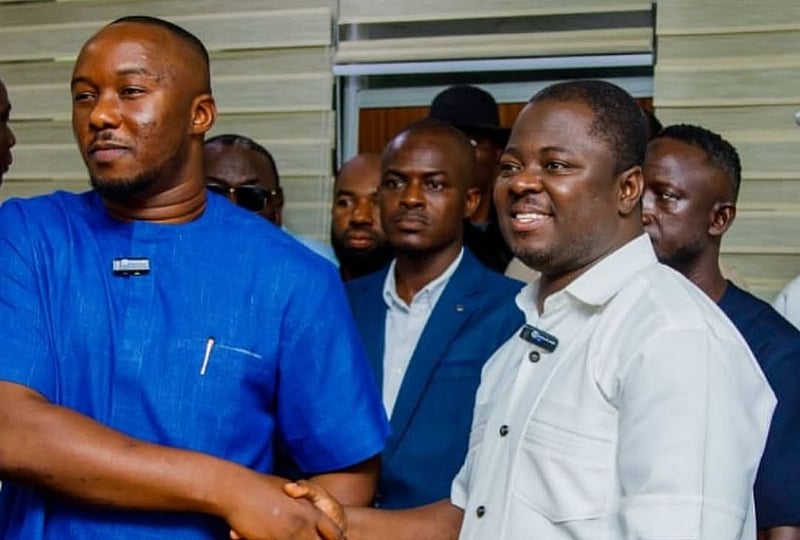Kofi Agyepong, the former CEO of Ghana’s Youth Employment Agency (YEA), has publicly refuted claims made by Zoomlion Ghana Limited regarding a proposed increase in allowances for street sweepers under a YEA sanitation module. Zoomlion, in a press release, suggested that they had proposed a GHS 420 monthly allowance for 2024, but Agyepong’s administration countered with a lower offer of GHS 300. Agyepong categorically denies this, clarifying that his final counter-proposal was GHS 500, a figure constrained by budget limitations, but still higher than what Zoomlion presented. He emphasized that his administration aimed for a higher allowance but was restricted by budgetary realities. This sets the stage for a debate over the veracity of the two parties’ claims and raises questions about the transparency of the negotiations.
The core of the disagreement lies in the overall cost structure presented by Zoomlion. Agyepong reveals that Zoomlion’s proposal included a total allocation of GHS 1,308 per beneficiary, of which Zoomlion would retain GHS 888 as a management fee, leaving only GHS 420 for the sweepers. Agyepong’s administration considered this excessive and unfair to the workers, leading to its outright rejection. He stressed that this rejection was formally communicated to Zoomlion, contradicting their claim that the proposal was “still under discussion.” This discrepancy highlights a significant difference in the interpretation of the negotiation process and the perceived acceptance or rejection of proposals.
Beyond the allowance dispute, Agyepong’s statement sheds light on broader concerns regarding transparency and accountability within the YEA-Zoomlion partnership. He emphasizes that his administration sought critical reforms in the payment process and logistics management. Specifically, they proposed that YEA directly control beneficiary payments, a standard practice in other YEA modules, and that all procured logistics be stored in YEA warehouses for better oversight. Both proposals were reportedly rejected by Zoomlion. Agyepong positions these rejected reforms as key reasons why his administration ultimately declined to renew Zoomlion’s contract, framing the narrative around his commitment to responsible governance.
Agyepong’s insistence on these reforms underscores a deeper concern about potential mismanagement and lack of transparency in the relationship between YEA and Zoomlion. By advocating for direct control over payments and logistics, Agyepong aimed to minimize potential avenues for misappropriation of funds or resources. The rejection of these proposals by Zoomlion, in his view, suggests a resistance to greater accountability. This raises questions about the motivations behind Zoomlion’s reluctance and further fuels suspicions of potential irregularities within the existing arrangement.
Agyepong explicitly distances his past administration from any current dealings between YEA and Zoomlion, stating that any subsequent agreements are the sole responsibility of the new leadership. However, he leverages this opportunity to offer a strong cautionary message. He implores the current YEA leadership to resist any undue pressure from Zoomlion to enter into agreements that do not serve the best interests of the sweepers and the Ghanaian taxpayer. This call to action emphasizes his concern that the issues he encountered may persist under the new leadership and could potentially lead to disadvantageous agreements for the public.
In closing, Agyepong frames the ongoing debate not as a partisan issue but as a crucial fight for transparency, equity, and public accountability. This appeal to broader principles seeks to elevate the discussion beyond political maneuvering and position it as a matter of vital public interest. By encouraging public scrutiny of the YEA-Zoomlion arrangements, he aims to pressure the involved parties to prioritize fairness and transparency in their dealings. Agyepong’s statement effectively transforms a contractual dispute into a call for greater accountability within public institutions, urging citizens and stakeholders to remain vigilant in safeguarding public resources.














